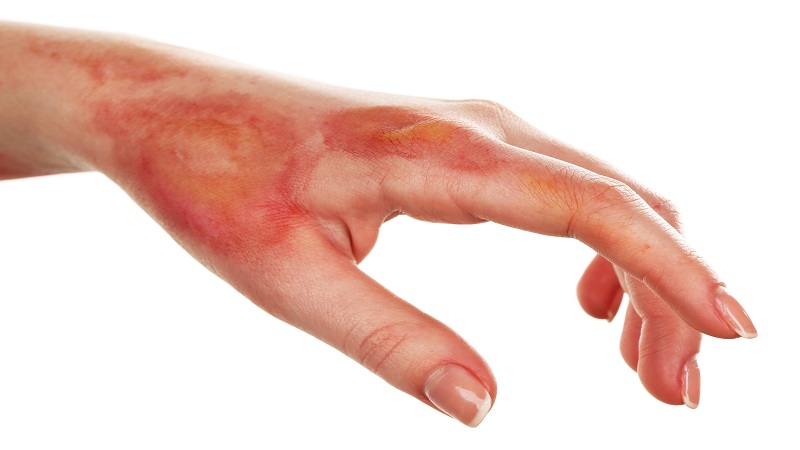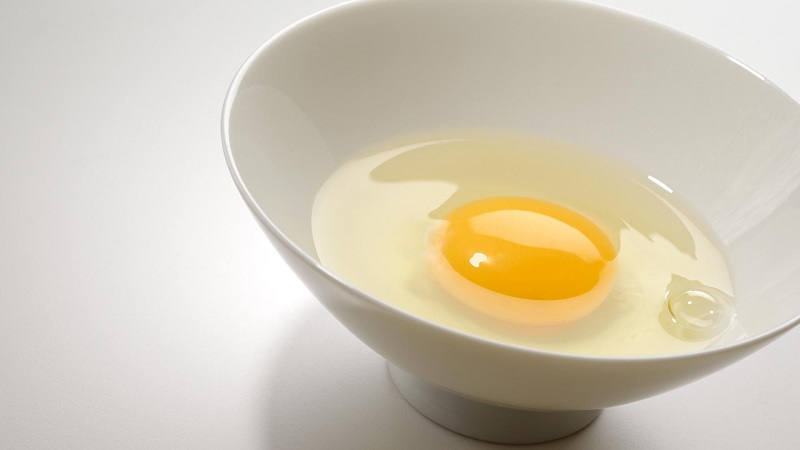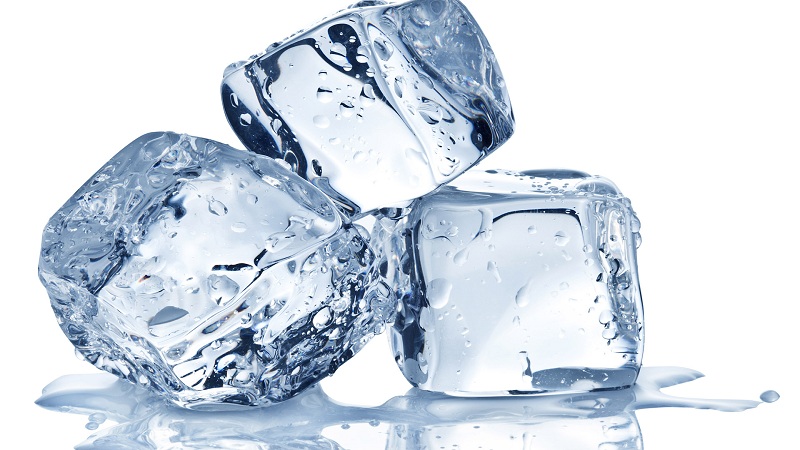The burns in the home occur at any time, either a tray of cookies baking, ironing a shirt or sipping hot coffee. Either way is unpleasant and unfortunately, they are one of the most common injuries in the home. Be careful with the treatment you apply because it can aggravate the burn.
There are injuries of different levels of severity. The first-degree burn only affects the outer layer of the skin, while the second-degree burn affects a deeper layer. On the other hand, third and fourth-degree burns are serious and should be treated in a hospital.
Instead, you can apply treatment to most first and second-degree burns. Keep reading to find out what are the best remedies and the correct way to cure a burn.
Cure a burn
Mild burns usually take about a week or two to heal completely and scarcely cause scarring. Apply a treatment at home with the aim of reducing pain, preventing infections and healing the skin faster. Follow the next steps:
First, fresh (not cold) water should be applied to the burned area for 20 minutes, then wash the battered skin with water and mild soap.
Place a cold compress or a clean damp cloth over the affected area in order to relieve pain and swelling. This compress is placed for periods of 5 to 15 minutes. Take into account that very cold compresses can irritate the burn more.
Antibiotic ointments and creams are quite effective in preventing infections. Apply an antibacterial ointment on the burn and cover it with a sterile, lint-free paper or cloth.
Aloe vera is known as the plant of burns, because it has been shown to be anti-inflammatory, promotes circulation and inhibits the growth of bacteria. It is a good option to apply a layer directly on the Cure a burn.
In addition to its exquisite taste, honey helps to heal a small burn when applied topically, thanks to its anti-inflammatory, antibacterial and antifungal properties.
Once the remedies have been applied, everything possible must be done to prevent the burn from being exposed directly to the sun because the burned skin is very sensitive to the sun.
Although it is tempting, leave your blisters calm because if you bust them you can cause an infection. If you notice troubling blisters, it is better to go to a medical professional. Continue Reading- What to do if you are having a heart attack and you are alone
If you feel any pain, you can take an over-the-counter pain reliever by trying to take the correct dose.
What should not be used
Over the years, some incorrect beliefs about the treatment of burns have spread. Although commonly used, the following home remedies should be avoided:
Butter:
no effectiveness of butter has been demonstrated as a remedy for burns; On the contrary, it can worsen because it retains heat and harbors bacteria.
Oils:
oils, such as coconut, olive, and other cooking oils are not recommended to treat burns because they allow the skin to continue to burn.
Egg whites:
raw egg whites carry a risk of bacterial infection and can cause an allergic reaction, so they are not recommended in burns.
Toothpaste:
never apply toothpaste on the affected skin because it irritates the burn and creates a more favorable environment for the infection, which is not sterile.
Ice:
ice and very cold water can further irritate the area of a burn; Even ice has the potential to cause a cold burn when used improperly.
You may like this- 7 Exercises To Burn Butt Fat and Leave It Harder










Average Rating